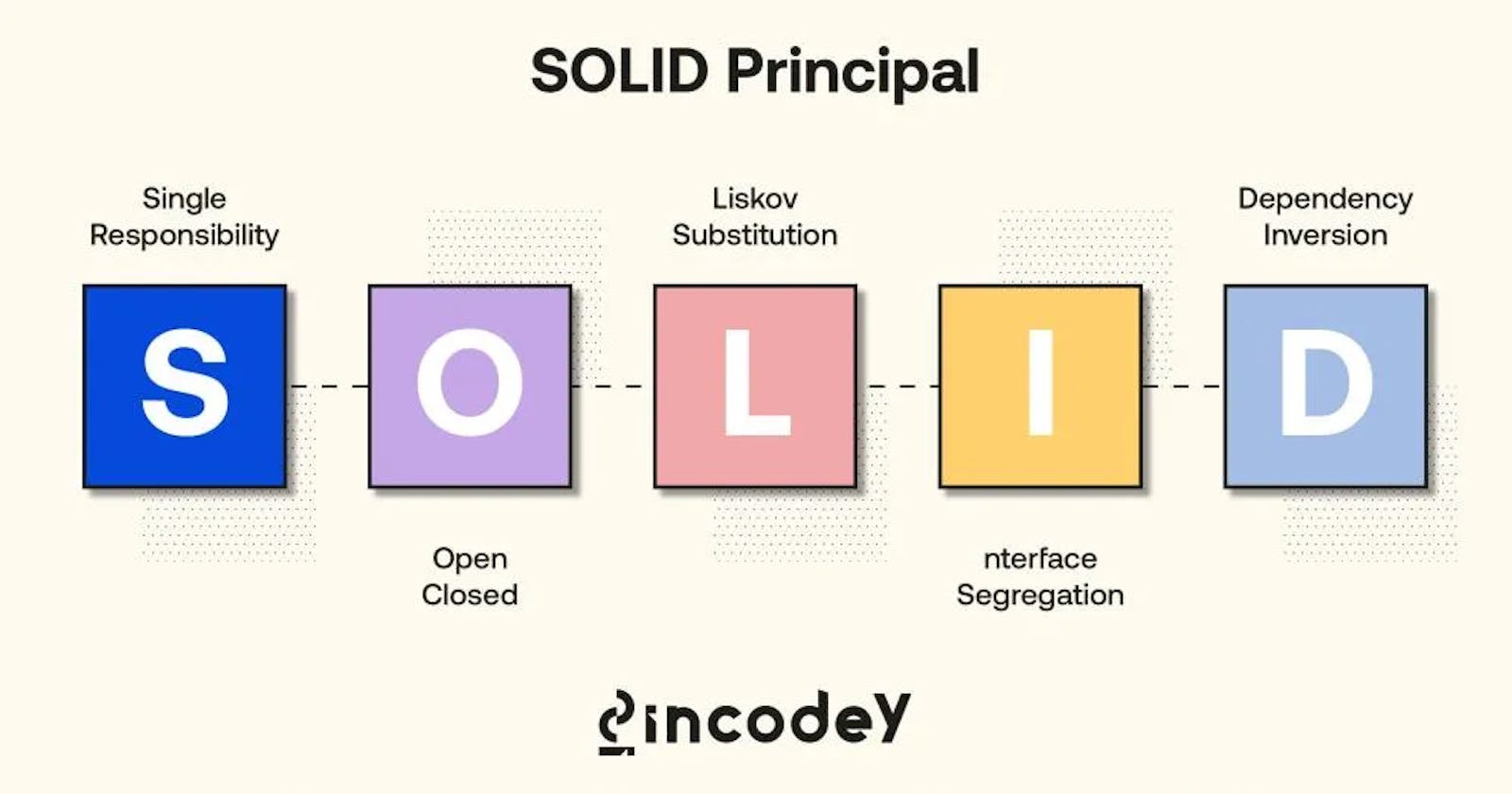Table of contents
Error-free code is essential for building flexible and stable software. However, this alone is not sufficient; it's crucial to consider design principles. One of the most renowned sets of design principles is SOLID, which can help you avoid common pitfalls and think about the structure of your applications on a higher level.
What are SOLID Principles?
SOLID comprises five design principles that serve as standards for programming:
1 - Single Responsibility Principle (SRP):
A class or function should have only one reason to change.
Each part of the program, whether it's a class or a function, should be responsible for a specific task.
Changing one aspect of a class should not affect others.
2 - Open/Closed Principle (OCP):
Classes should be open for extension but closed for modification.
You should be able to add new features or modify behavior without altering existing code.
Design classes to allow easy extension without major modifications.
3 - Liskov Substitution Principle (LSP):
Objects of a superclass should be replaceable with objects of a subclass without affecting the correctness of the program.
Subclasses must adhere to the behavior expected by the superclass.
Ensures that a high-level class can be substituted by its subclasses without causing issues.
4 - Interface Segregation Principle (ISP):
A class should not be forced to implement interfaces it does not use.
Interfaces should have a limited set of methods to avoid forcing clients to implement unnecessary functionality.
Smaller, specific interfaces should be preferred over large, monolithic ones
5 - Dependency Inversion Principle (DIP):
High-level modules should not depend on low-level modules; both should depend on abstractions.
Abstractions should not depend on details; details should depend on abstractions.
Introduces flexibility by reducing dependencies between code units.
Benefits of these Principles:
When developers adhere to these principles:
Programs are simpler to understand, both for the original programmer and others.
Code becomes more modular and less prone to errors.
Applications become more scalable, maintainable, and easily testable.
Changes can be made without causing a ripple effect through the entire codebase
In conclusion, while applying SOLID principles may seem challenging at first, practice and application lead to reusability, maintainability, and testability in larger software projects.

